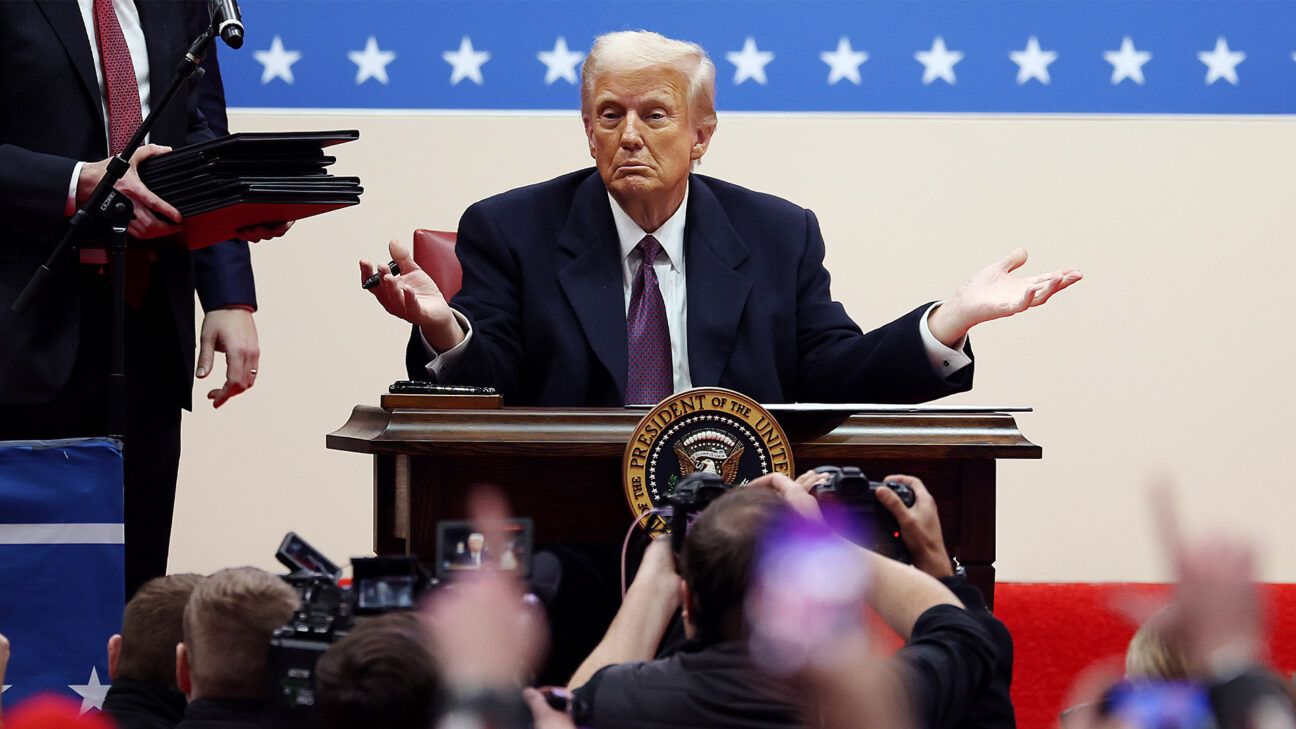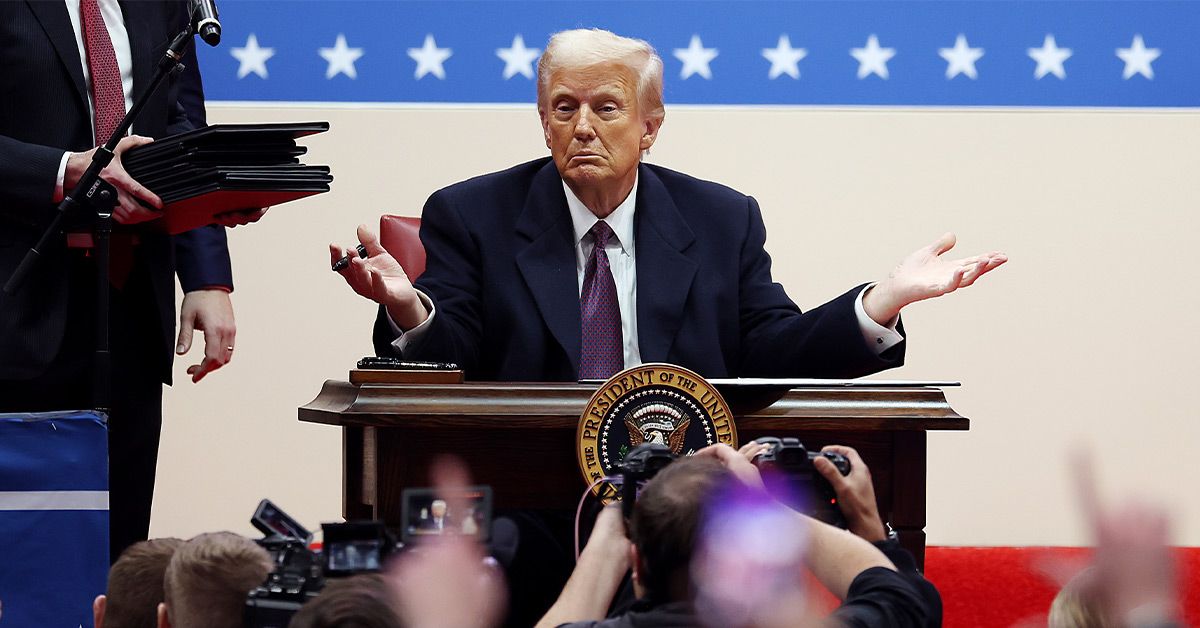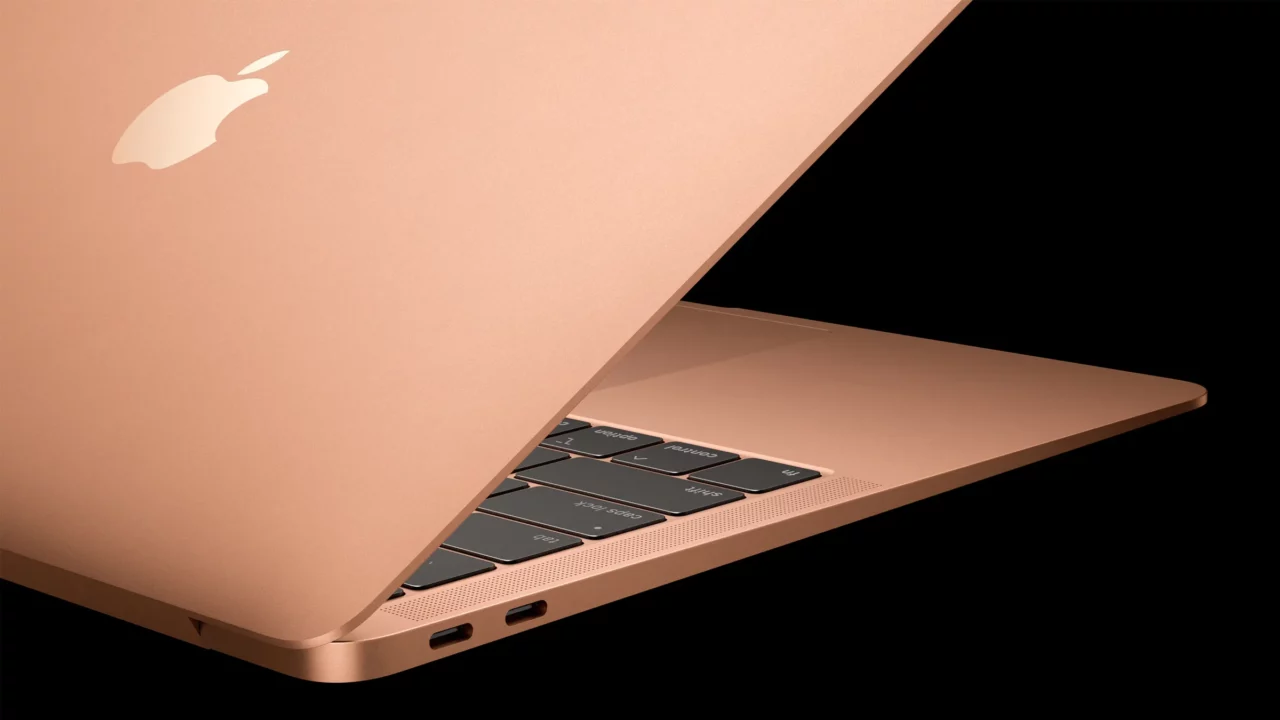
- On his first day in office, President Donald Trump signed a barrage of executive orders, some of which reversed policies from the Biden administration.
- Among the most concerning regarding health is the Trump administration’s move to pull out of the World Health Organization (WHO).
- Experts and political leaders have expressed concern over the U.S. withdrawal, which could hamper donor funds for important global public health initiatives.
President Donald Trump began his first day in office on January 20 with a slew of executive orders to fulfill his campaign promises.
The conservative agenda reverses many Biden-era policies, including withdrawing the United States from the Paris Agreement and jeopardizing necessary emissions reductions to help fight climate change.
Trump also pardoned around 1,500 people with criminal charges or convictions who were involved in the insurrection on Capitol Hill on January 6, 2021, and deployed military personnel to the U.S.–Mexico border.
Yet the new administration’s decision to pull the U.S. from the World Health Organization (WHO) may have significant long-term impacts that could endanger public health, not just in the U.S. but globally. The White House cited the WHO’s response to the COVID-19 pandemic as one factor behind the move to withdraw.
“That’s a big one,” Trump said before signing the executive order with his trademark Sharpie marker. As with all executive orders, however, withdrawal from the WHO will require congressional approval before it can take effect.
The U.S. contributes more than $100 million annually to the WHO, making it the organization’s top donor. These funds help with readiness and response efforts for public health issues and support global efforts around routine childhood immunization, tuberculosis, and HIV treatment and prevention.
Removing funding from these public health initiatives could threaten any progress made in global health, particularly in developing countries reliant on funding. Healthline Media has contacted the WHO for comment.
“The new administration’s decision to withdraw from the World Health Organization (WHO) is very unfortunate,” said Monica Gandhi, MD, MPH, professor of medicine at the University of California, San Francisco.
“The WHO is being blamed in the U.S. for the COVID-19 response, but U.S. politics was not the fault of the WHO. The WHO plays a critical role in responding to worldwide outbreaks, advocating for global equity, approving vaccines, forming treatment guidelines, etc. and I hope the U.S. will recognize its pivotal importance as the health arm of the UN and reconsider,” Gandhi told Healthline.
US withdrawal from WHO over COVID-19 response
During his first term as president, Trump began the process of withdrawing from the WHO after claiming it had responded poorly to the COVID-19 pandemic.
Former President Joe Biden reversed this attempt on his first day in office in January 2021.
Trump’s second term marks a return to the 2020 sentiment. The January 20 executive order cites the WHO’s “mishandling of the COVID-19 pandemic that arose out of Wuhan, China, and other global health crises.”
Yet Gandhi noted that the COVID-19 response was varied across countries and was particularly political in the U.S.
“But the WHO did not advocate the particularly controversial measures of lockdowns and extended school closures; instead, their guidance left such responses up to different countries who acted accordingly,” Gandhi said.
William Schaffner, MD, professor of preventive medicine and infectious diseases at Vanderbilt University Medical Center in Nashville, told Healthline that despite any criticism over the WHO’s response to the COVID-19 pandemic, it’s still “better to be part of the organization and help it improve, rather than being outside of it and just critiquing.”
“The World Health Organization is incredibly important in organizing the world’s response to a whole array of illnesses, particularly communicable diseases,” Schaffner said.
US donates to key WHO health initiatives
The executive order states the WHO failed to “adopt urgently needed reforms” and noted the agency’s “inability to demonstrate independence from the inappropriate political influence of WHO member states” as other reasons for the U.S. withdrawal.
It also notes that China donates far less to the WHO than the U.S. despite its larger population. “The WHO continues to demand unfairly onerous payments from the United States, far out of proportion with other countries’ assessed payments,” the executive order states.
Still, the United States is a major sponsor of the World Health Organization. Cutting off funding could be consequential for aiding public health programs in developing countries.
“In the context of pandemics, it organizes the world’s public health response, and the United States, by being a participant, helps to formulate those responses. Our capacity to do that will be curtailed because the World Health Organization plays such a strong role,” Schaffner explained.
“Viruses don’t require passports to move around the world. Our capacity to gather information and
apply that information for the protection of our own population is, in part, dependent on our relationships with other countries, and that works most smoothly with the World Health Organization,” he continued.
“In recent years, there have been two pandemics that have concerned us — COVID and Mpox — and both were coordinated. We got that information because if we know what’s happening over there, we can best protect our population over here. And, of course, that applies to all countries as well,” he said.
Funding to the WHO helps preserve global health
Schaffner explained that funding to the WHO is necessary to help the developing world and also protect the health of the domestic population in the U.S.
While many political leaders and lawmakers on both sides criticized the WHO’s response to COVID-19 in 2020, many criticized Trump’s move to withdraw from the agency during the pandemic.
In 2020, former House Speaker Nancy Pelosi wrote on the social platform X that withdrawing from the WHO was “an act of true senselessness.”
Fast forward to 2025, and experts still agree.
In an interview with CNN on Monday, Ashish Jha, MD, former COVID-19 response coordinator for the White House during the Biden administration, called Trump’s decision to withdraw from the WHO a “strategic error.”
“WHO is a pretty essential organization — and with America’s withdrawal, it creates a political vacuum that only one country can fill — and that is China,” Jha said in the interview.
Lawrence Gostin, a public health law professor at Georgetown University, wrote in a post on X that Trump’s withdrawal from WHO was “the most momentous of all” of the executive orders announced on day one of Trump’s second term.
“It’s a cataclysmic presidential decision. Withdrawal is a grievous wound to world health, but a still deeper wound to the US,” Gostin wrote.
Takeaway
President Trump began his first day in office by signing a series of executive orders reversing many Biden-era policies.
Among them, Trump announced the U.S. would withdraw from the WHO, cutting off funding for important global health initiatives.
Experts have expressed concern over the executive order, which will require approval from Congress before taking effect.
Source: View source




